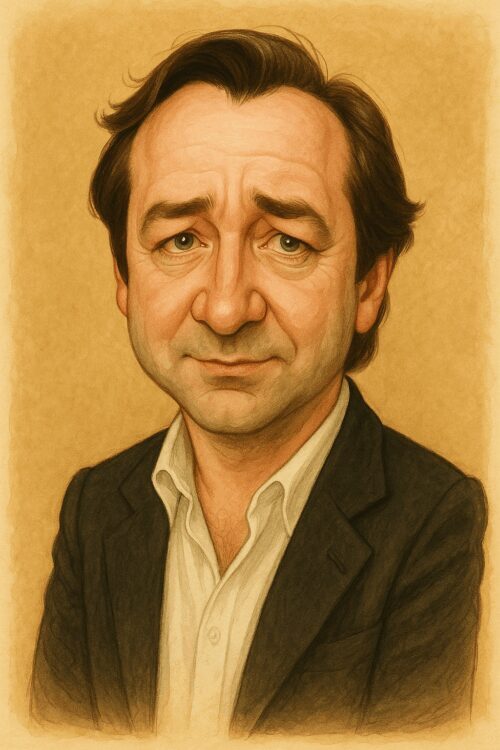Neil Pearson
Neil Pearson is British television’s ultimate chameleon – equally convincing as “Between the Lines‘” crusading cop, “Drop the Dead Donkey’s” sleazy news editor, or “Bridgerton’s” acerbic bookseller. This versatility has made him one of our most undervalued actors, capable of shifting from comedy to drama in a heartbeat.
Pearson’s Tony Clark in “Between the Lines” remains his masterpiece – a good man navigating a corrupt system, his charm gradually hardening into disillusionment. Yet he’s never cynical; even at his most world-weary, there’s a twinkle that suggests hope isn’t entirely lost.
Off-screen, his second career as a rare book dealer speaks to his intellectual curiosity. Like all great actors, Pearson makes complexity look effortless – the mark of a true craftsman.
